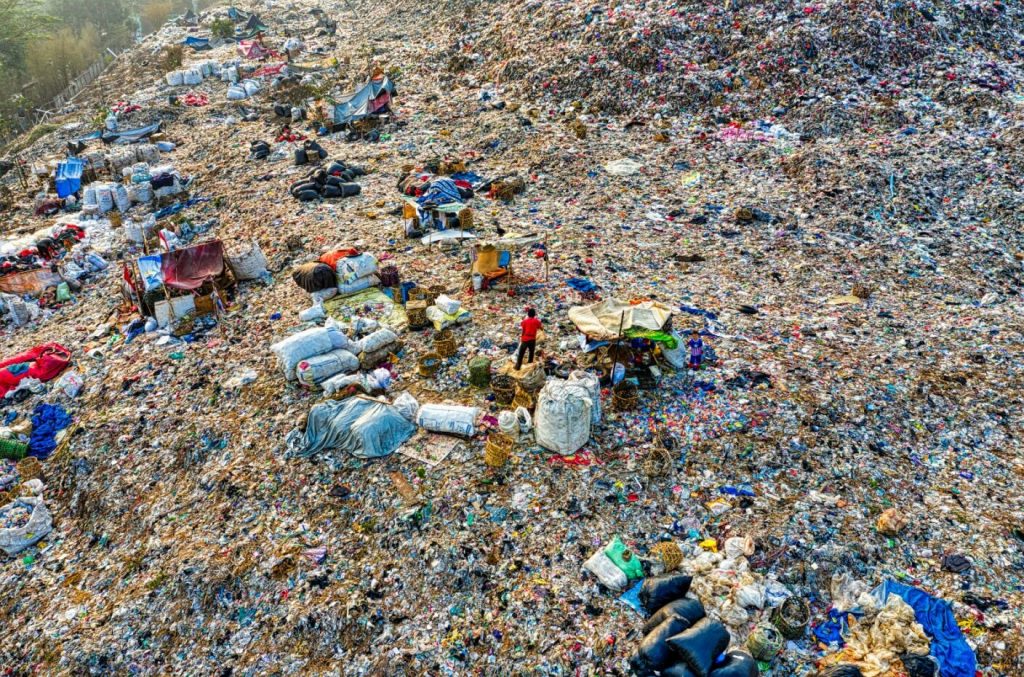Writer: Olivier De Schutter

While governments procrastinate, oligarchs win elections and authoritarian regimes seek to hide scientific data, the environmental collapse of the planet continues unabated. Droughts, floods, heatwaves, storms and wildfires are becoming the new normal in all regions. Low-income countries and low-income households – those least to blame for the climate crisis – are being hit the hardest. At a time when international solidarity faces threats unprecedented since the Second World War, the world can no longer depend solely on disaster relief to pick up the pieces when extreme weather hits. Nor should it. Instead, the Special Rapporteur argues for a move from an ad hoc humanitarian approach to protecting people in poverty from climate disasters, towards establishing, strengthening and financing rights-based social protection. Social protection is the most effective tool at our disposal for building people’s ability to withstand and recover from shocks, including climate-related shocks, yet the majority of the world’s poor have no access to social security whatsoever and are left to fend for themselves. The Special Rapporteur urges Governments to take a powerful stand against current attempts to derail the international order that is based on the Charter of the United Nations by living up to pledges made to support low-income countries to establish social protection floors. International financial support, from traditional and new financing sources, could be channelled through a global fund for social protection; a positive incentive for low-income countries to invest in social protection which would in turn protect the most vulnerable from the climate volatility that is in no way of their making.
To read the full article: click here
Disclaimer: Except for articles published on Blog Tadamon and the content of the resource pages, all materials on this website, including their respective photographs, are indexed from their original sources. All rights remain with the respective copyright holders.

Comments are closed, but trackbacks and pingbacks are open.